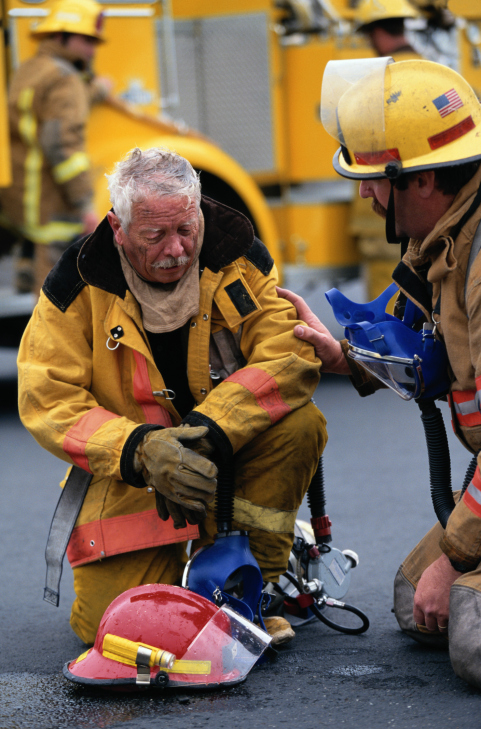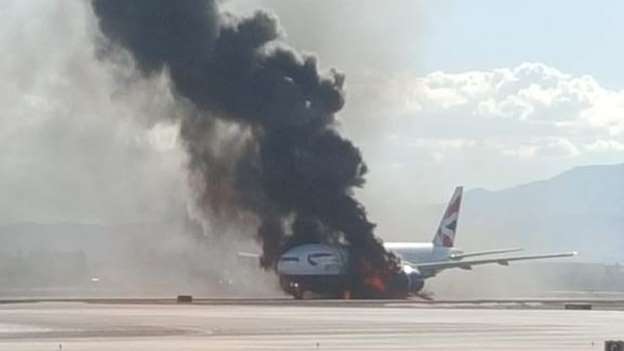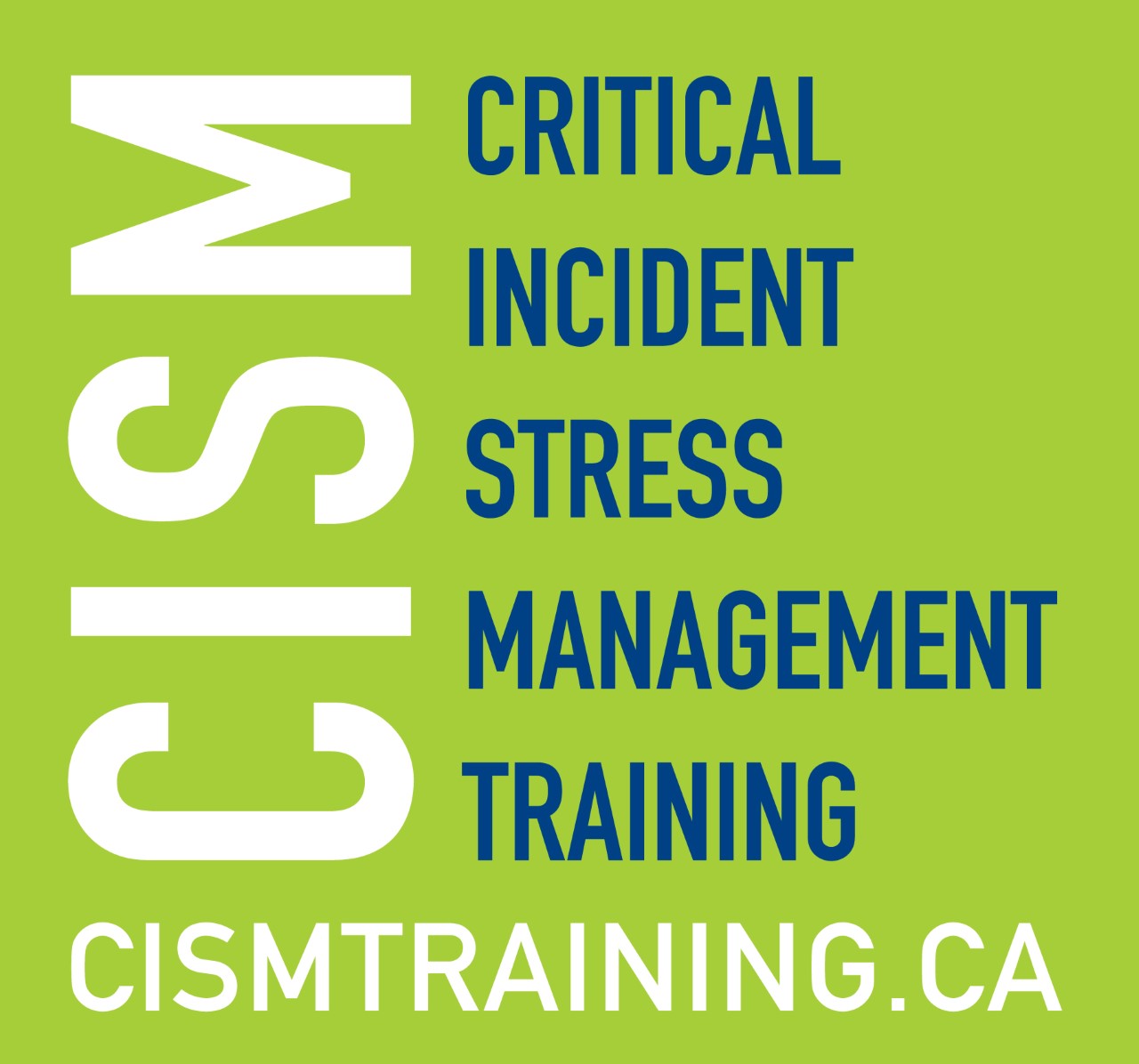How can you help?
The CISM intervention system consists of numerous intervention techniques/tools designed to be used in the most effective combinations possible given the unique nature of any critical incident or large scale disaster. Therefore, the challenge for the interventionist is to not only attain tactical proficiency in the use of these interventions, but is to also develop proficiency in how these various interventions may be best strategically combined. These tactics should only be used by individuals and CISM teams that have been appropriately trained in these methods and techniques.
CISM Interventions taught in the Group Crisis Intervention, and the Individual Crisis Intervention courses include:
- Pre-incident education and preparation
- Assessment/Strategic Planning
- Individual crisis intervention
- Demobilization
- Crisis management briefings
- Critical incident stress debriefing (CISD)
- Defusing
- Follow-up services and/or referrals
By taking the above training you will be uniquly positioned to assist those in need around you. By no means is this training a replacement for proffessional mental health, think of these courses more as a mental health first aid course.
These courses are designed for anyone in the fields of Business & Industry Crisis Intervention, Disaster Response, Education, Emergency Services, Employee Assistance, Healthcare, Homeland Security, Mental Health, Military, Corrections, Ski Patrol, Emergency Communications, and Traumatic Stress.
What is Critical Incident Stress Management or CISM.
Critical Incident Stress Management (CISM) is a crisis intervention system which contains both strategic and tactical elements.
- Strategically, Critical Incident Stress Management (CISM) is a comprehensive, integrated, multi-component crisis intervention system for managing traumatic events within organizations or communities.
- Tactically, CISM includes numerous interventions including pre-incident education and preparation, assessment/strategic planning, individual crisis intervention, large group crisis interventions, small group crisis interventions, family support, organizational/community consultations, pastoral crisis intervention, and referrals to other resources, if necessary.
- CISM is helping healthy and functioning people to remain healthy and functioning.
- Many CISM services are provided within hours or days of a critical incident by well trained peer support personnel and/or mental health clinicians.
- CISM is not psychotherapy, nor a substitute for psychotherapy. Rather, CISM services and psychotherapy are simply different points on the same continuum of care.
Why the need?
For years first responders have dealt with some of the hardest calls you could imagine. Some of the toughest calls include:serious injury or death of a co-worker, suicide of a co-worker, mass casualty incidents. death of children or adolescents, serious injury or death resulting from the actions of an emergency worker, loss of patient life after prolonged extrication, incidents with extensive media coverage, incidents where the responders know the victim or any incident that is charged with profound emotion
- Recently on Global News in Toronto, It was reported that 14yrs after the 9/11 attack in Newyork City, that 17%F of first responders report depression, and 7% have PTSD.
- The Tema Conter memorial trust reports that year to date (Oct 2015) 30 first responders and 8 military members have died by suicide.
cismtraining.ca
What is Crisis Intervention?
TEMPORARY, but ACTIVE and SUPPORTIVE entry into the life of individuals or groups during a period of extreme distress. Also known as “Emotional First Aid.” Different intervention tools are used for individuals vs. groups. The goals of crisis intervention are:
- Mitigate impact of event (lower tension)
- Facilitate normal recovery processes in normal people who are having normal reactions to abnormal events
- Restoration to adaptive function
CRITICAL INCIDENT STRESS MANAGEMENT (CISM):
A comprehensive, phase sensitive, and integrated, multi-component approach to crisis/disaster intervention.
.
R2MR Road to Mental Readiness program.
The Road to Mental Readiness (R2MR) program, part of Working Mind: Workplace Mental Health and Wellness is an education-based program designed to address and promote mental health and reduce the stigma of mental illness in a workplace setting.
This program is being rolled out to fire departments across Ontario over the next year.







